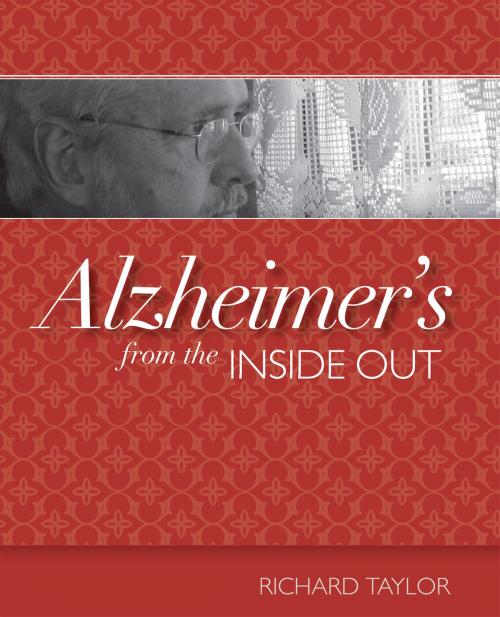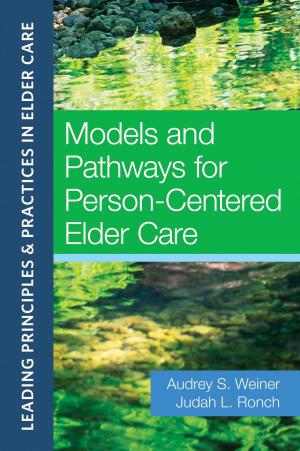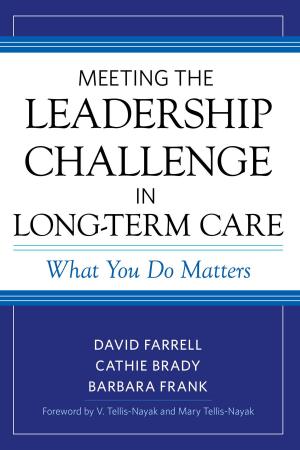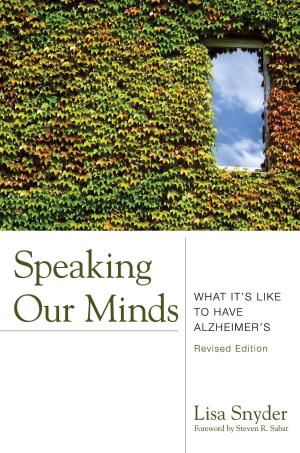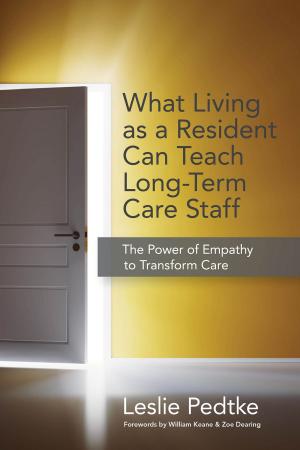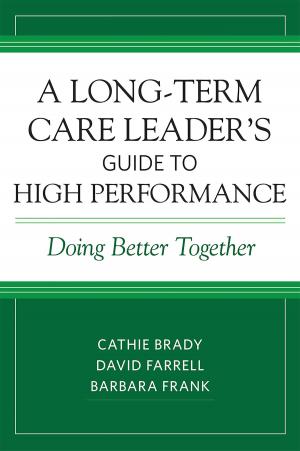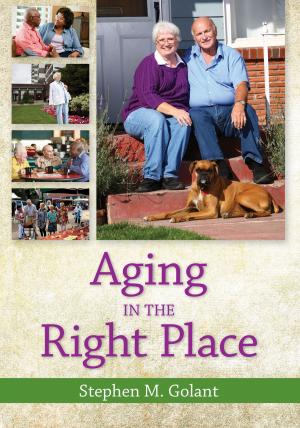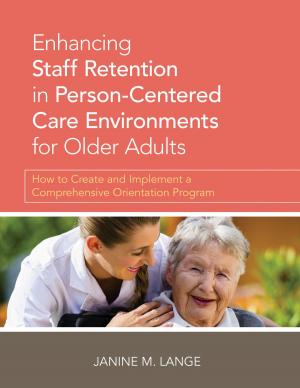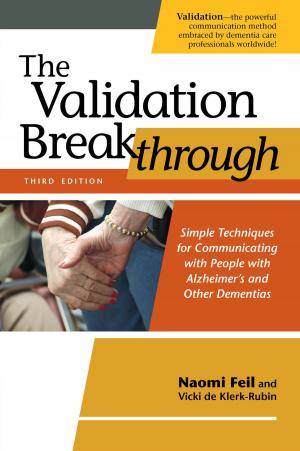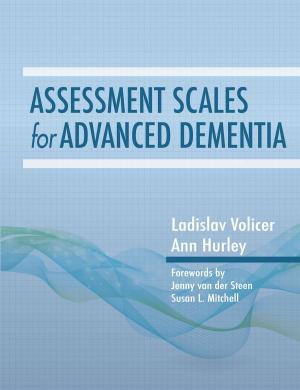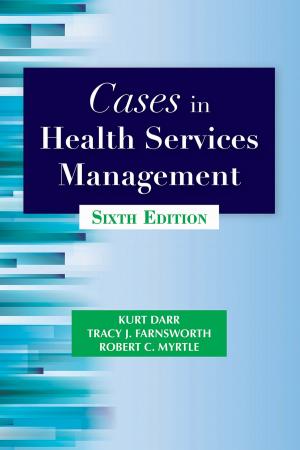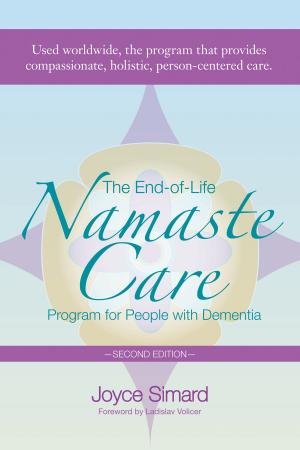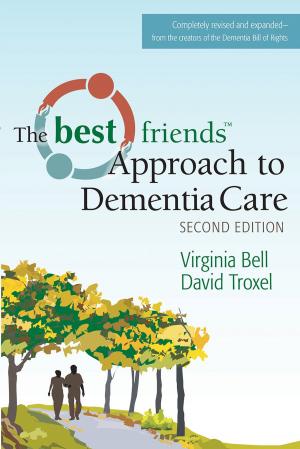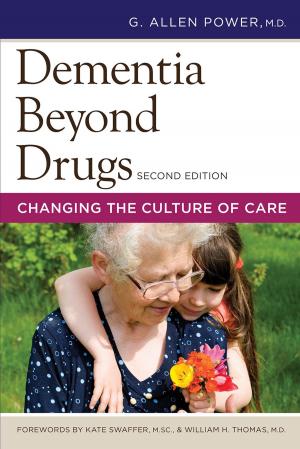Alzheimer's from the Inside Out
Nonfiction, Family & Relationships, Aging, Eldercare, Health & Well Being, Medical, Ailments & Diseases, Diseases| Author: | Richard Taylor | ISBN: | 9781938870156 |
| Publisher: | Health Professions Press, Inc. | Publication: | February 27, 2015 |
| Imprint: | Health Professions Press, Inc. | Language: | English |
| Author: | Richard Taylor |
| ISBN: | 9781938870156 |
| Publisher: | Health Professions Press, Inc. |
| Publication: | February 27, 2015 |
| Imprint: | Health Professions Press, Inc. |
| Language: | English |
“… These poignant essays come from the heart and the soul of a sensitive and intellectually gifted man who has become a national champion and advocate for the millions of people living with this disease.”—Linda L. Buettner, Ph.D., CTRS, FGSA, Professor of Health Science, Florida Gulf Coast University“This is not an ordinary book. It is an extraordinary collection of anecdotes, ruminations, insights, comparisons, literary allusion and blinding insights. Be prepared to be challenged. Be prepared to reflect on your own human failings and joy at not having Alzheimer’s disease. But most importantly, be prepared to read this book.”—Dementia Journal (UK)Full of questions, reflections, frustrations, and humor, this collection of provocative essays offers readers a rare exploration of the world of individuals with Alzheimer’s disease. Diagnosed at age 58, psychologist Richard Taylor shares a revealing account of his slow transformation and deterioration over a 6-year period after his diagnosis. With remarkable clarity and candor, Taylor gives voice to the thoughts, fears, and desires of all people with Alzheimer’s disease and offers valuable insights for their caregivers. More than 80 brief essays and vignettes poignantly address issues faced by those with Alzheimer’s disease, including loss of independence and personhood, communication difficulties with caregivers, and never-ending uncertainty about the future.Winner of numerous awards and accolades including the American Journal of Nursing (AJN) Book of the Year award, a National Mature Media Bronze award, the John Mackey Award, and Pioneer Network’s Carter Williams Legacy award, this is a captivating read for anyone affected personally or professionally by Alzheimer’s disease, especially individuals with early-stage Alzheimer’s disease, family caregivers, and professional caregivers such as nurses, social workers, counselors, and therapists.
“… These poignant essays come from the heart and the soul of a sensitive and intellectually gifted man who has become a national champion and advocate for the millions of people living with this disease.”—Linda L. Buettner, Ph.D., CTRS, FGSA, Professor of Health Science, Florida Gulf Coast University“This is not an ordinary book. It is an extraordinary collection of anecdotes, ruminations, insights, comparisons, literary allusion and blinding insights. Be prepared to be challenged. Be prepared to reflect on your own human failings and joy at not having Alzheimer’s disease. But most importantly, be prepared to read this book.”—Dementia Journal (UK)Full of questions, reflections, frustrations, and humor, this collection of provocative essays offers readers a rare exploration of the world of individuals with Alzheimer’s disease. Diagnosed at age 58, psychologist Richard Taylor shares a revealing account of his slow transformation and deterioration over a 6-year period after his diagnosis. With remarkable clarity and candor, Taylor gives voice to the thoughts, fears, and desires of all people with Alzheimer’s disease and offers valuable insights for their caregivers. More than 80 brief essays and vignettes poignantly address issues faced by those with Alzheimer’s disease, including loss of independence and personhood, communication difficulties with caregivers, and never-ending uncertainty about the future.Winner of numerous awards and accolades including the American Journal of Nursing (AJN) Book of the Year award, a National Mature Media Bronze award, the John Mackey Award, and Pioneer Network’s Carter Williams Legacy award, this is a captivating read for anyone affected personally or professionally by Alzheimer’s disease, especially individuals with early-stage Alzheimer’s disease, family caregivers, and professional caregivers such as nurses, social workers, counselors, and therapists.
